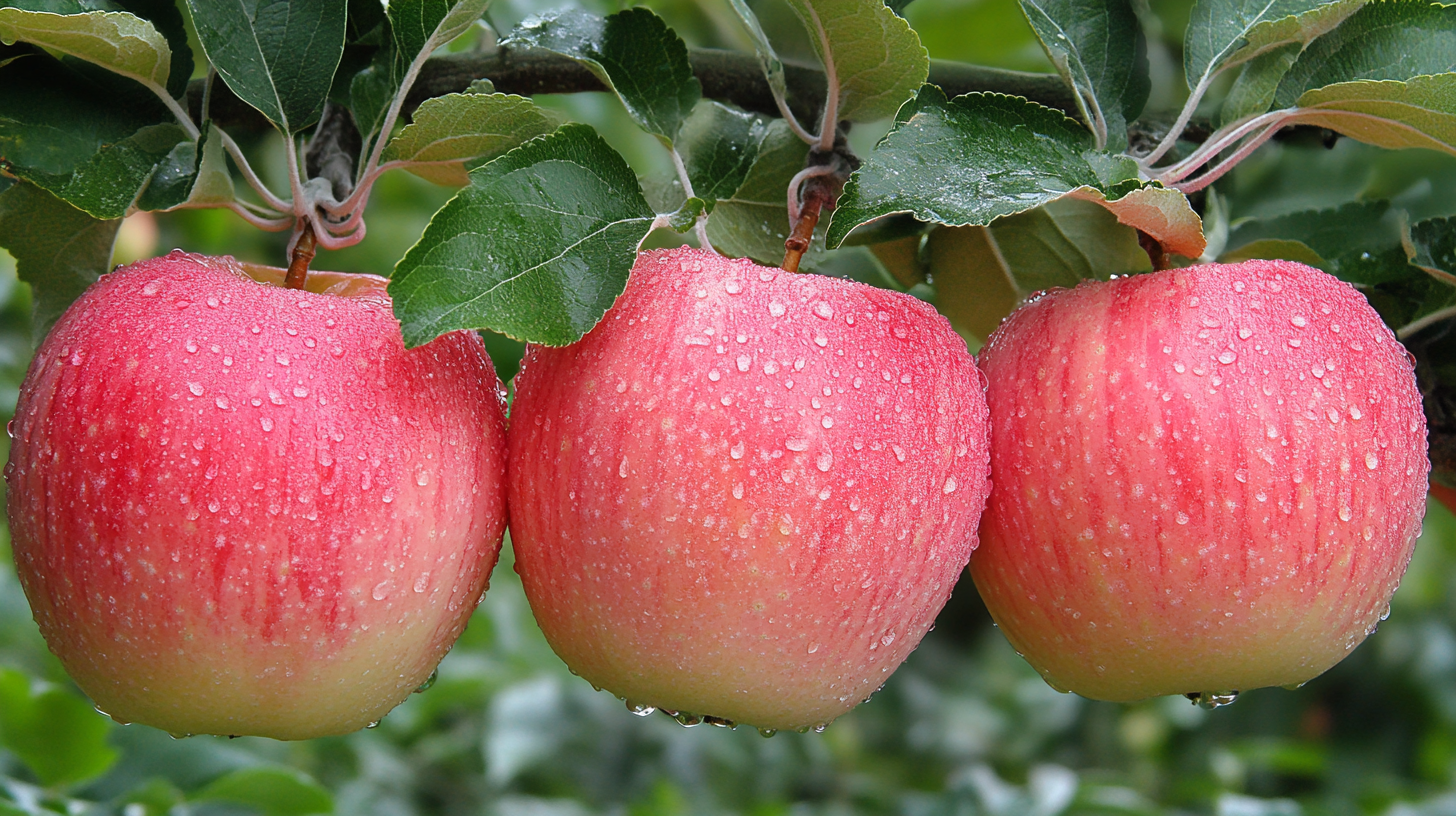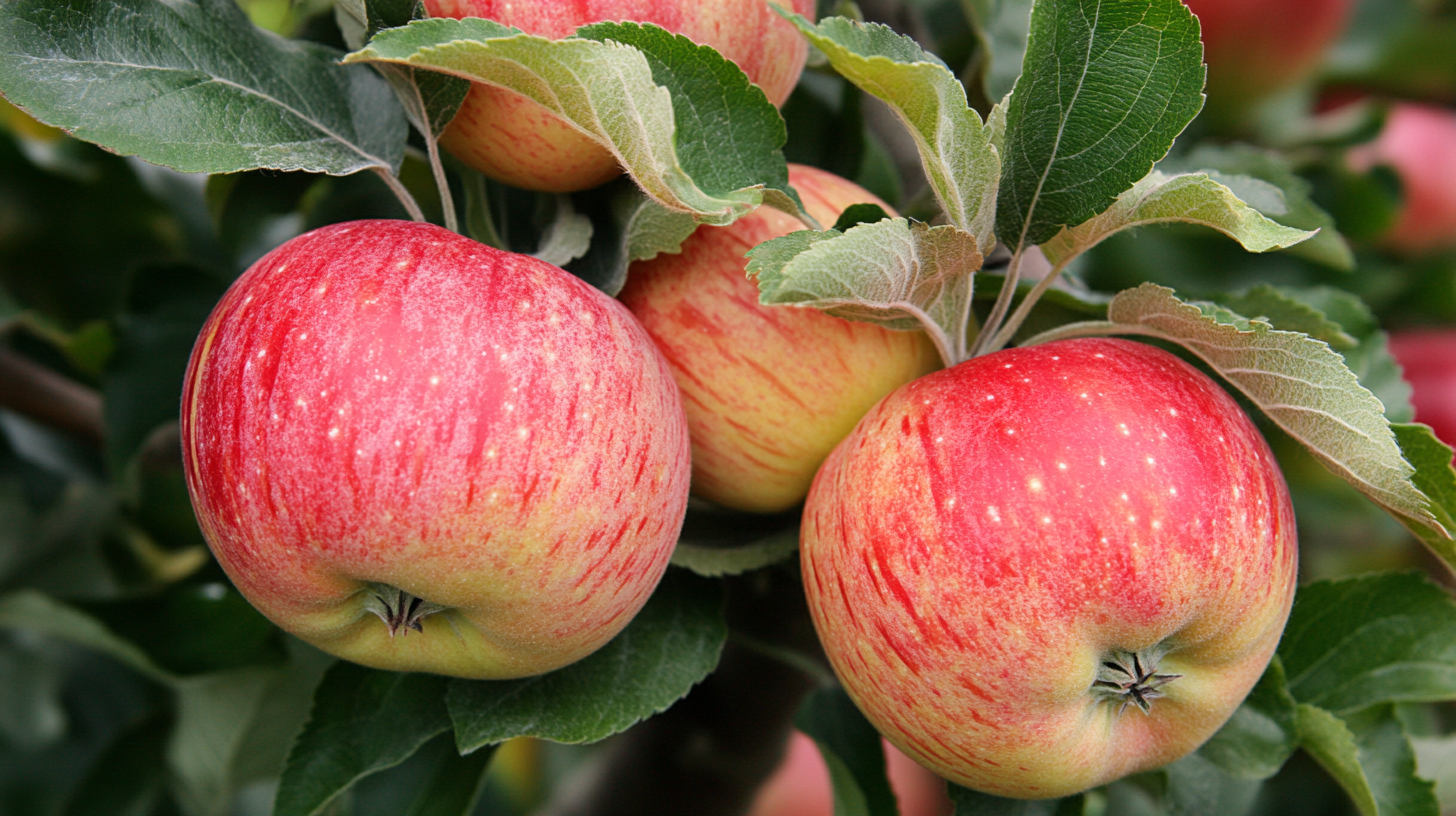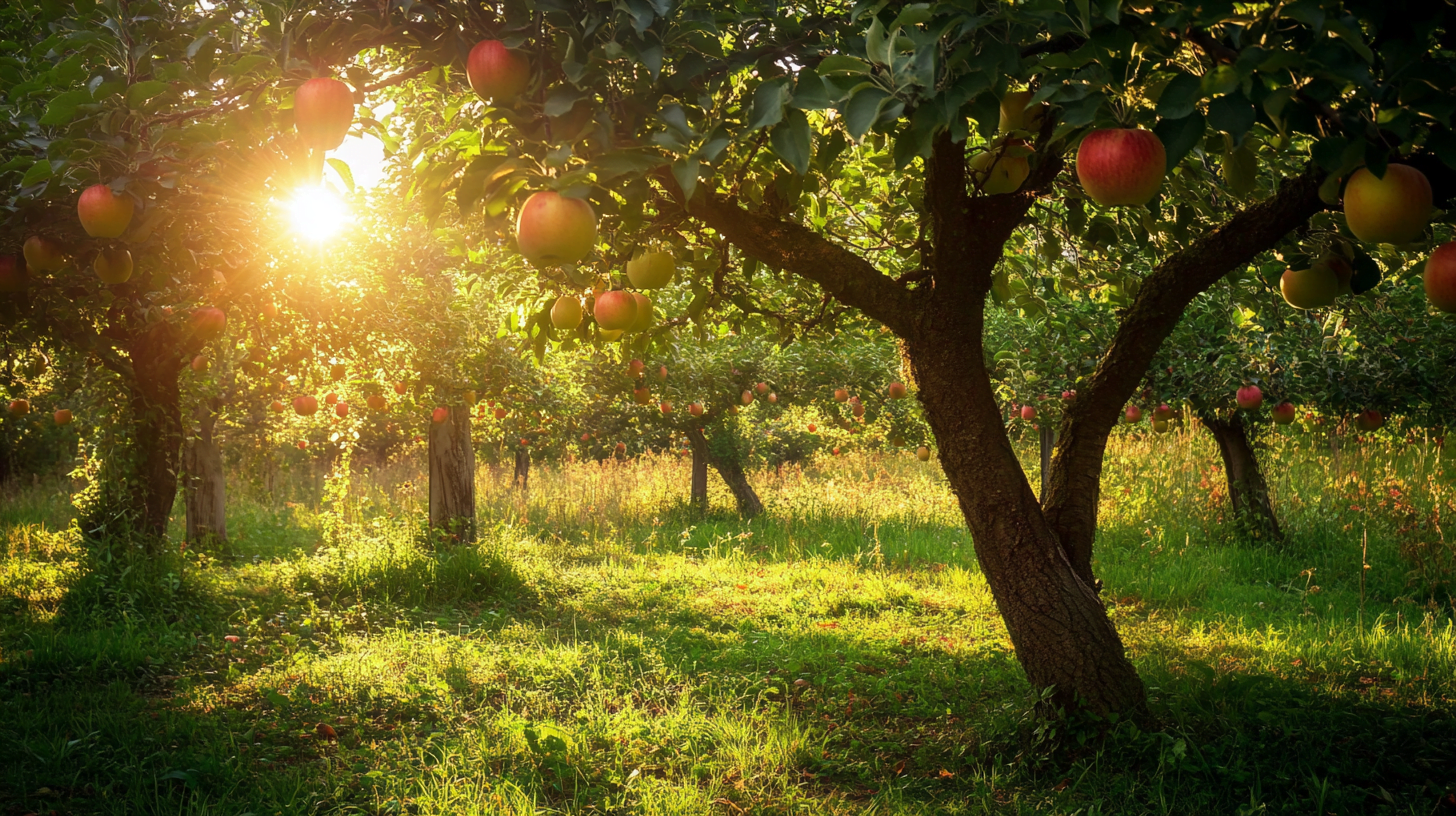Beautiful Plants For Your Interior
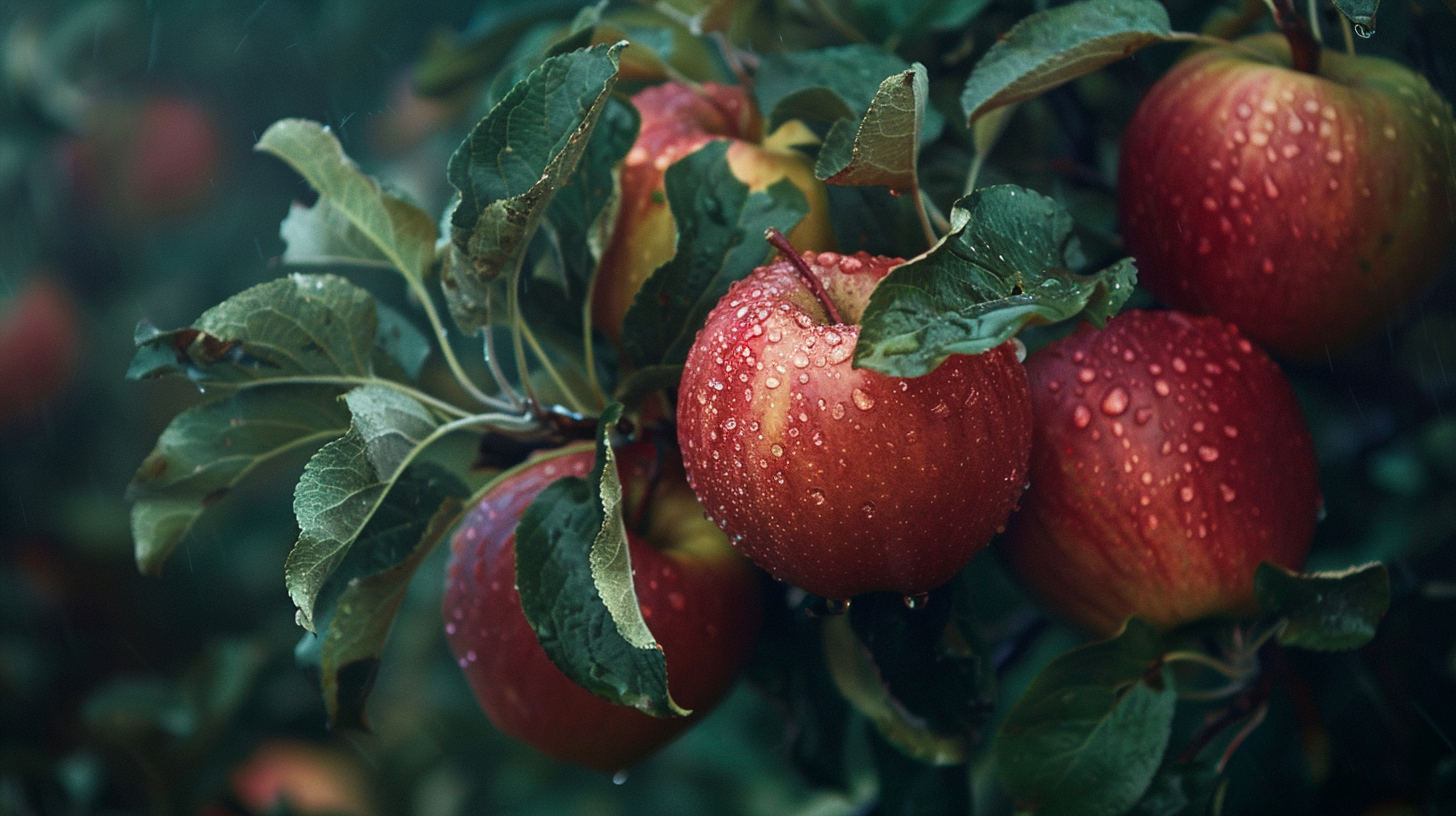
Table of Contents
Apple trees are the darlings of many orchards, but they can be a bit picky about their growing conditions. One of the most crucial factors for their health and productivity is soil pH. So, do apple trees like acidic soil? Let’s dig into this juicy topic and unearth everything you need to know about keeping your apple trees happy from the roots up.
Understanding Soil pH: The Foundation of Apple Tree Health
Before we bite into the specifics of apple trees’ soil preferences, let’s get a taste of what soil pH actually means. Soil pH is a measure of how acidic or alkaline your soil is, and it’s measured on a scale from 0 to 14. Here’s a quick breakdown:
- 0-6.9: Acidic soil
- 7: Neutral soil
- 7.1-14: Alkaline soil
Think of soil pH as the soil’s personality. It affects how nutrients dissolve and whether they’re available for your apple trees to slurp up. Get the pH wrong, and your trees might be starving in a sea of nutrients they just can’t access.
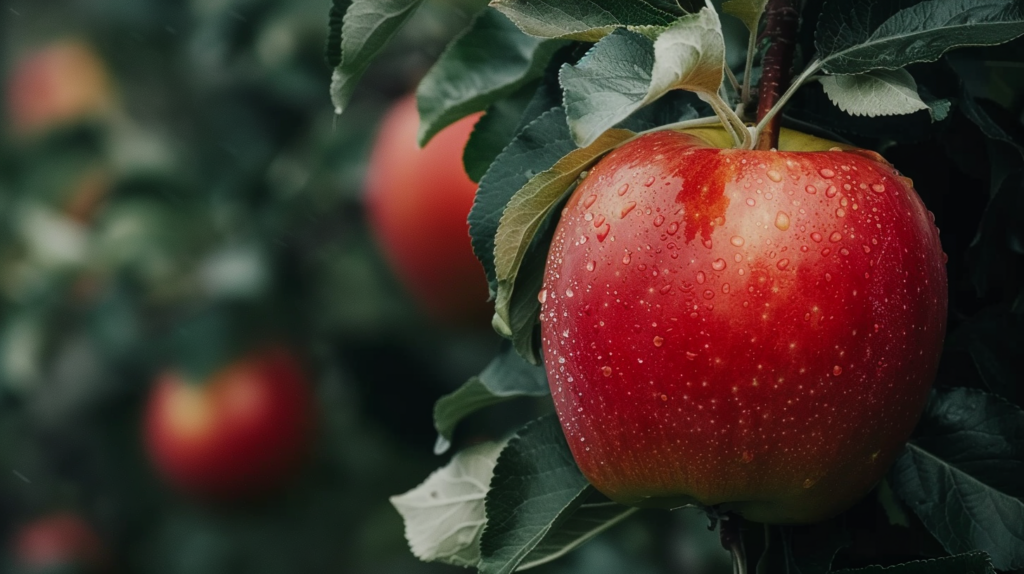
The Ideal Soil pH for Apple Trees: Finding the Sweet Spot
Now, let’s cut to the core of the matter. Do apple trees like acidic soil? The answer is a resounding “yes, but not too acidic.” Apple trees prefer slightly acidic soil, with an optimal pH range of 6.0 to 7.0. They’re not fans of extremes, so very acidic or very alkaline soils can leave them feeling under the weather.
Here’s why apple trees are partial to this pH range:
- Nutrient availability is at its peak
- Beneficial soil bacteria thrive
- Root development is optimal
- Disease resistance is enhanced
Different apple varieties might have slight preferences within this range, but generally, aim for that slightly acidic sweet spot, and you’ll be golden.
Signs Your Apple Tree’s Soil is Too Acidic: Reading the Leaves
While apple trees like a bit of acidity, too much of a good thing can spell trouble. If your soil pH dips below 6.0, your trees might start showing some telltale signs of distress. Keep an eye out for:
- Yellowing leaves: This could indicate iron deficiency, common in overly acidic soils.
- Stunted growth: Your tree might look like it’s stuck in time, refusing to grow.
- Poor fruit production: You might get fewer apples, and they could be smaller or less flavorful.
- Nutrient deficiencies: Look for unusual leaf colors or patterns that suggest the tree can’t access essential nutrients.
Remember, these symptoms can have other causes too, so don’t jump to conclusions. Always test your soil before making any drastic changes.
Testing Your Soil’s pH: Knowledge is Power
Speaking of testing, let’s talk about how to check your soil pH. It’s easier than you might think, and it’s a crucial step in apple tree care. You’ve got a couple of options:
- DIY soil testing kits: Available at most garden centers, these are quick and easy to use. They might not be as accurate as professional tests, but they’ll give you a good ballpark figure.
- Professional soil testing services: Many agricultural extension offices offer this service. They’ll give you a detailed analysis of your soil, including pH and nutrient levels.
Aim to test your soil at least once a year, preferably in the fall or early spring. This gives you time to make any necessary adjustments before the growing season kicks off.
Adjusting Soil pH for Apple Trees: The Art of Balance
If your soil pH isn’t in that apple-friendly 6.0-7.0 range, don’t worry. You can adjust it. Here’s how:
Raising pH in Overly Acidic Soil
If your soil is too acidic (below 6.0), you’ll need to add some lime. Here’s a quick guide:
| Current pH | Pounds of Lime per 100 sq. ft. |
|---|---|
| 5.0-5.5 | 5-6 |
| 5.5-6.0 | 3-4 |
Apply lime in the fall for best results. It takes time to work its magic, so be patient.
Lowering pH if Soil is Too Alkaline
If your soil pH is above 7.0, you’ll need to increase acidity. Sulfur is your go-to amendment here. As a rule of thumb, add about 1 pound of sulfur per 100 square feet to lower pH by one point.
Remember, these are general guidelines. Always follow specific product instructions and consider getting professional advice for large-scale pH adjustments.
The Impact of Soil pH on Apple Tree Health: It’s All Connected
Soil pH isn’t just a number – it has a real, tangible impact on your apple trees’ health and productivity. Here’s why it matters so much:
- Nutrient uptake: At the ideal pH, nutrients like nitrogen, phosphorus, and potassium are readily available. Outside this range, they can become locked in the soil.
- Root development: Slightly acidic soil promotes healthy root growth, allowing your tree to access more water and nutrients.
- Disease resistance: Trees growing in optimal pH conditions are generally healthier and better able to fend off pests and diseases.
Maintaining Optimal Soil pH for Apple Trees: An Ongoing Process
Keeping your soil pH in check isn’t a one-and-done deal. It’s an ongoing process that requires attention throughout the year. Here are some tips to keep your apple trees in pH paradise:
- Mulch wisely: Organic mulches can gradually alter soil pH as they break down. Pine needles, for example, can increase acidity over time.
- Watch your water: If you have hard water (high in calcium), it can slowly raise soil pH over time. Consider collecting rainwater for your trees if this is an issue.
- Fertilize thoughtfully: Some fertilizers can affect soil pH. Look for pH-neutral options if you’re happy with your current soil acidity.
Common Mistakes in Managing Soil pH for Apple Trees: Pitfalls to Avoid
Even the most well-intentioned apple growers can stumble when it comes to pH management. Here are some common mistakes to watch out for:
- Over-liming: Adding too much lime can make your soil too alkaline, swinging the pH pendulum too far in the other direction.
- Ignoring soil composition: Sandy soils and clay soils react differently to pH adjustments. Know your soil type before making changes.
- Neglecting regular pH tests: Soil pH can change over time. Regular testing helps you catch and correct issues early.
Apple Tree Varieties and Their pH Tolerances: Not All Apples Are Created Equal
While most apple trees prefer that 6.0-7.0 pH range, some varieties are a bit more flexible. Here’s a quick rundown of some popular apple cultivars and their pH preferences:
- Granny Smith: Tolerates slightly more acidic soil (5.8-7.0)
- Red Delicious: Prefers pH closer to neutral (6.5-7.0)
- Honeycrisp: Thrives in the middle of the range (6.0-6.5)
Remember, rootstock can also influence pH tolerance, so consider this when planning your orchard.
Organic Methods for pH Management in Apple Orchards: Working with Nature
If you’re taking an organic approach to apple growing, you’ve got plenty of options for managing soil pH:
- Cover crops: Plants like buckwheat can help balance soil pH naturally.
- Compost: Well-rotted compost can help buffer soil pH and improve overall soil health.
- Wood ash: A light sprinkling can help raise pH in acidic soils, but use sparingly – a little goes a long way!
The Relationship Between Soil pH and Apple Flavor: A Tasty Connection
Here’s a fun fact: soil pH doesn’t just affect tree health – it can influence fruit flavor too! Apples grown in slightly acidic soil often have a better balance of sweetness and tartness. It’s all about striking that perfect balance for your taste buds.
Troubleshooting pH-Related Issues in Established Apple Trees: Old Trees, New Tricks
Dealing with pH issues in mature apple trees can be tricky, but it’s not impossible. If you suspect pH problems in an established orchard:
- Start with a soil test to confirm your suspicions.
- Make gradual pH adjustments to avoid shocking the trees.
- Focus on the area under the tree’s drip line, where most of the active roots are.
- Consider foliar sprays to provide nutrients if soil amendments are slow to take effect.
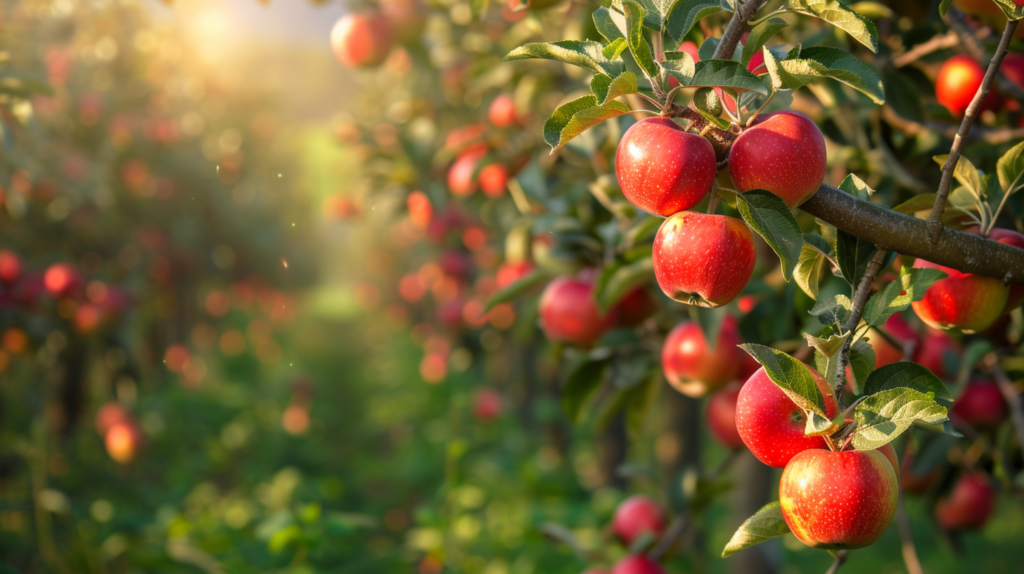
Conclusion: Embracing the pH Challenge
Managing soil pH for apple trees might seem like a complex dance, but it’s one that’s well worth learning. By understanding and maintaining the right soil pH, you’re setting the stage for healthy, productive apple trees that’ll reward you with bountiful harvests for years to come.
Remember, every orchard is unique. Use this guide as a starting point, but don’t be afraid to experiment and find what works best for your specific trees and conditions. Happy growing, and may your apple harvests be plentiful and sweet (with just the right touch of tartness)!
FAQs About Apple Trees and Soil Acidity
Q: Can apple trees grow in neutral soil?
A: Yes, apple trees can grow in neutral soil (pH 7.0), but they generally prefer slightly acidic conditions. They’ll often perform better in soil with a pH between 6.0 and 7.0.
Q: How long does it take to change soil pH?
A: It can take several months to a year to significantly change soil pH, especially in established orchards. Smaller adjustments might show results more quickly.
Q: Does rainfall affect soil pH for apple trees?
A: Yes, rainfall can affect soil pH. In areas with high rainfall, soil tends to become more acidic over time as rain leaches away basic elements.
Q: Are there any apple varieties that tolerate more acidic soil?
A: Some apple varieties, like Granny Smith, can tolerate slightly more acidic soil. However, most apple trees prefer a pH range of 6.0-7.0.
Q: Should I adjust soil pH differently for dwarf apple trees?
A: The pH requirements for dwarf apple trees are generally the same as for standard trees. However, because their root systems are smaller, you might need to be more careful about making gradual adjustments to avoid stressing the tree.
